Epithelial Biology Center
-
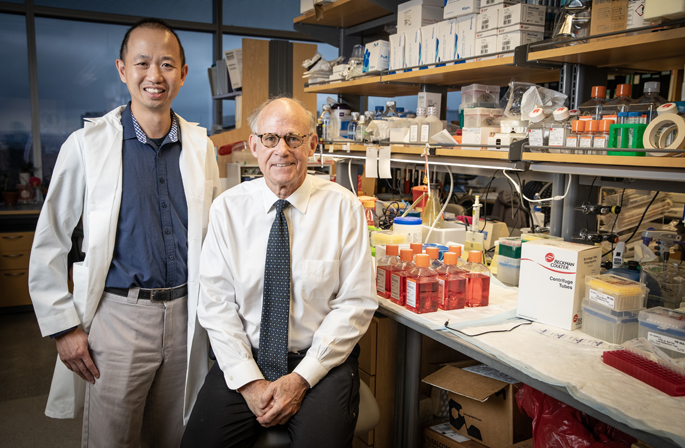
Colorectal cancer ‘cartography’ reveals an avenue to improved immunotherapy
Vanderbilt University Medical Center researchers have discovered why most colorectal tumors escape detection and destruction by the body’s immune system. Read MoreDec 8, 2023
-
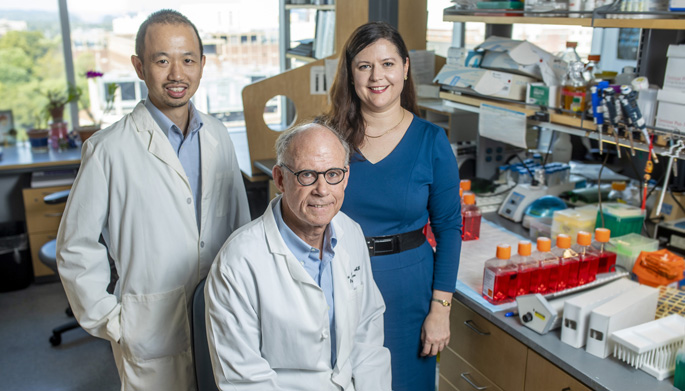
Colon cancer researchers awarded NCI grant for study of early lesions
Vanderbilt researchers are studying precancerous lesions and early cancers in the colon, with the goal of developing new ways to prevent colorectal cancer, the nation’s second leading cancer killer. Read MoreSep 22, 2022
-

Molecular ‘switch’ may illuminate stomach disorders
An international team that included researchers from Vanderbilt University Medical Center has discovered a molecular switch that induces rapid proliferation of zymogen granule-secreting chief cells in the stomach to regenerate damaged tissue. Read MoreMay 19, 2022
-
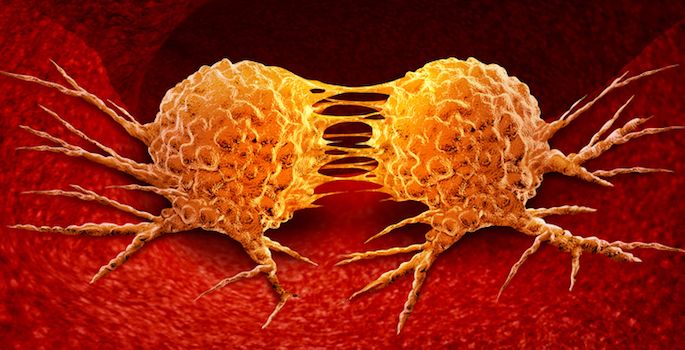
The role of polarity in early cancer
Mutations in the protein epiregulin, an EGF receptor ligand, affect larger epithelial cell reorganization and may contribute to early cancer development, Vanderbilt researchers discovered. Read MoreSep 21, 2021
-

Studying cells in reduced dimensions
Vanderbilt cell biologists have developed an unbiased, quantitative framework for evaluating single-cell data. Read MoreJun 18, 2020
-
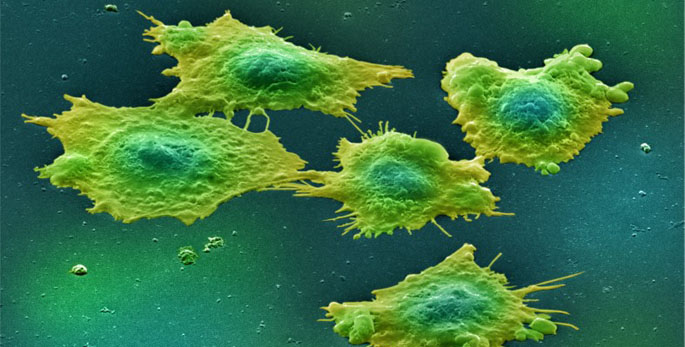
Researchers find novel mechanism of resistance to anti-cancer drugs
Vanderbilt investigators have discovered a novel non-genetic cause of resistance to the targeted anti-cancer therapy cetuximab. Their findings, reported this week in Nature Medicine, suggest a strategy for overcoming this resistance. Read MoreOct 17, 2017
-

Coffey lands major NCI award to support colorectal cancer research
Vanderbilt’s Robert Coffey Jr., M.D., has received an Outstanding Investigator Award from the National Cancer Institute (NCI) — more than $6.6 million over seven years — to support studies aimed at advancing the diagnosis and treatment of colorectal cancer (CRC), a leading cancer killer. Read MoreJun 8, 2017
-

Glowing receptors help find and track cancerous growth
Under the microscope, they sparkle like emeralds, these molecules that may hold a key to understanding — and stopping — cancerous growth. Read MoreMay 18, 2017
-
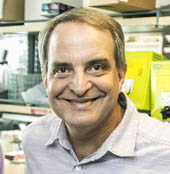
Study seeks to reverse precancerous stomach lesions
Vanderbilt University Medical Center cancer researcher James Goldenring, M.D., Ph.D., has received a two-year, $200,000 grant from the DeGregorio Family Foundation in Pleasantville, New York, to begin clinical trials of a potential approach for reversing precancerous stomach lesions. Read MoreMay 4, 2017
-

Study takes 3-D perspective on colorectal cancer
Despite dramatic recent advances in treatment, colorectal cancer killed more than 49,000 Americans last year, according to the National Cancer Institute, making it the second most lethal malignancy after cancers of the lung and bronchus. Read MoreMar 23, 2017
-
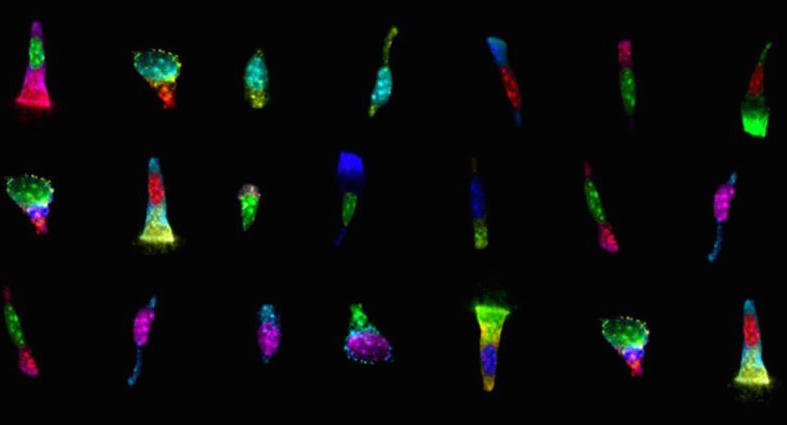
Single-cell study of tumor samples
A new method for analyzing cells in fixed biopsy tissues from patients by guide personalized treatment strategies for cancer. Read MoreOct 26, 2016
-

Goldenring recognized for research mentorship efforts
James Goldenring, M.D., Ph.D., co-director of the Epithelial Biology Center at Vanderbilt University Medical Center (VUMC), has received a Research Mentor Award from the American Gastroenterology Association Institute Council for “outstanding research mentorship.” Read MoreJun 23, 2016
-

Study suggests cancer’s ‘clock’ can be rewound
Researchers at Vanderbilt University Medical Center have “turned back the clock” in a mouse model of metaplasia — precancerous stomach lesions — raising hopes that gastric cancer, a worldwide scourge that’s rising in the United States, can be prevented. Read MoreMar 17, 2016
-
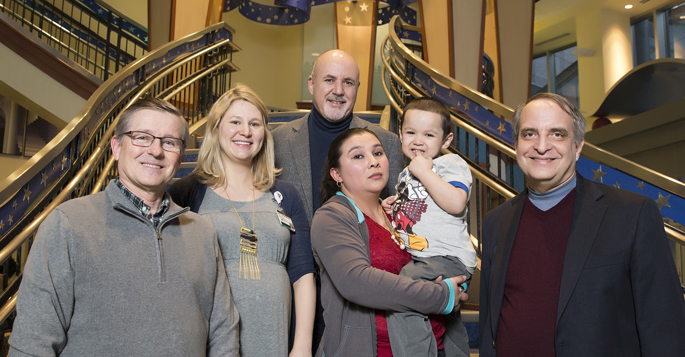
Clinicians, researchers team to treat boy’s rare disorder
Test after test failed to reveal why Denny Majano wasn’t gaining weight or why he suffered from severe, chronic diarrhea. At 5 weeks old, instead of gaining weight as newborns should, Denny had lost a pound since birth. Read MoreMar 3, 2016
-

DISSECTing cell signaling networks
Vanderbilt researchers have developed a new method to study cell signaling networks at single-cell resolution. Read MoreDec 14, 2015
-

Bad “traffic” linked to cancer
Understanding how signaling molecules are transported within and out of the cell may help to uncover the causes of certain cancers. Read MoreSep 3, 2015
-
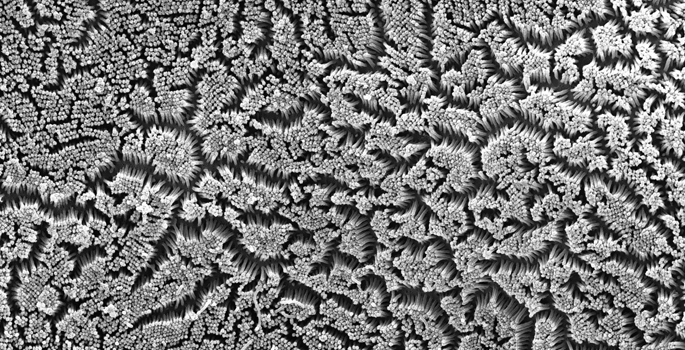
Nutrient-absorbing surface’s assembly revealed: study
Vanderbilt University researchers have discovered how intestinal cells build the "brush border" -- a specialized surface structure that is critical for absorbing nutrients and defending against pathogens. Read MoreApr 17, 2014
-
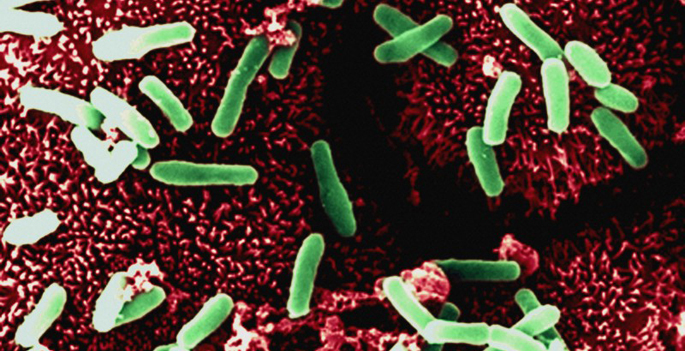
Defusing ‘C. diff’ infection
Clostridium difficile on the intestinal lining. (Wellcome Images) Clostridium difficile (“C. diff”) infection is a leading cause of hospital-associated diarrhea, and the frequency and severity of infections are on the rise. D. Borden Lacy, Ph.D., associate professor of Pathology, Microbiology and Immunology, and colleagues recently demonstrated that the C. Read MoreNov 8, 2013
-

Cell changes en route to stomach cancer
Molecular characterization of pre-cancerous changes in cells lining the stomach could point to lesions with a greater risk of progression to cancer. Read MoreSep 26, 2013
-
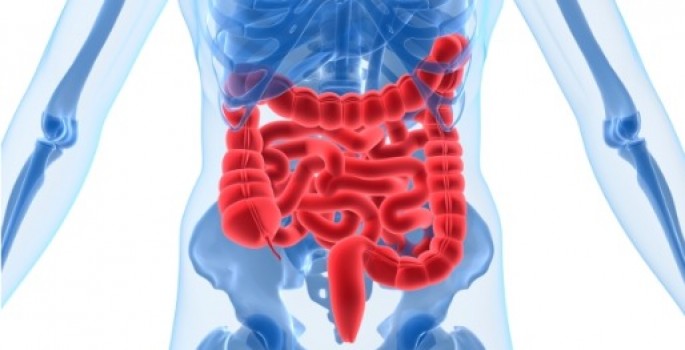
$5.2M NIH grant bolsters colorectal cancer research
Robert Coffey Jr., M.D., Ingram Professor of Cancer Research at Vanderbilt University, has received a five-year, $5.2 million grant from the National Institutes of Health (NIH) to study the role of extracellular RNA (ex-RNA) in colorectal cancer. Read MoreAug 15, 2013